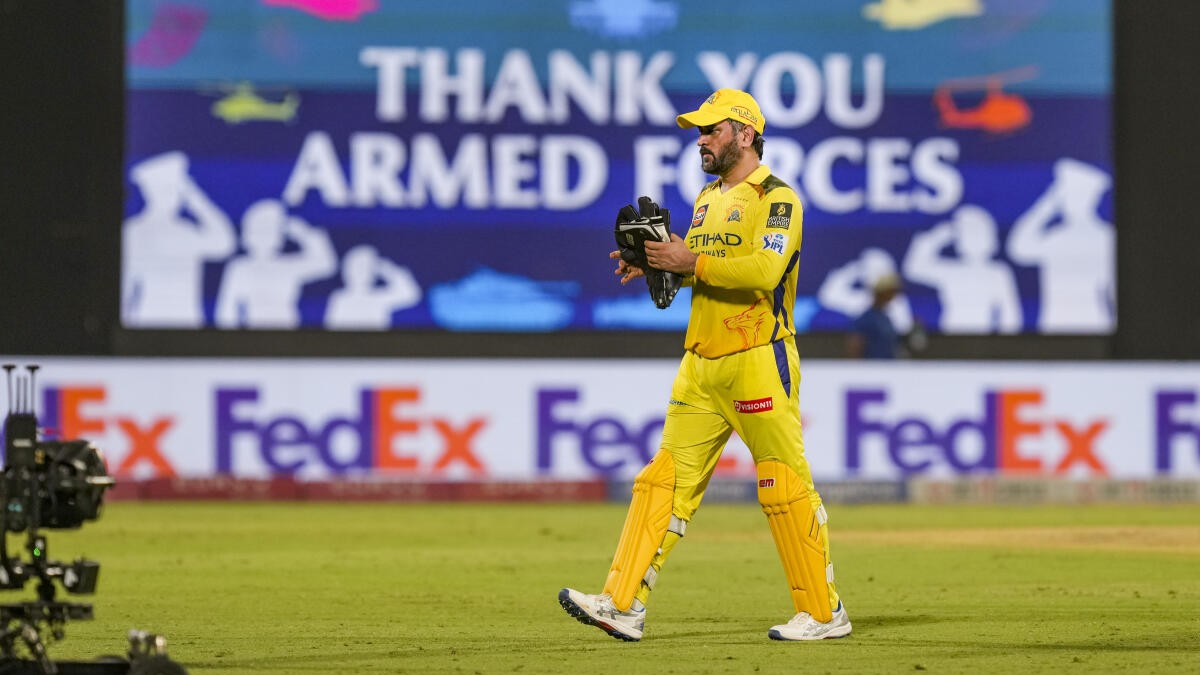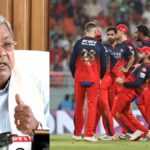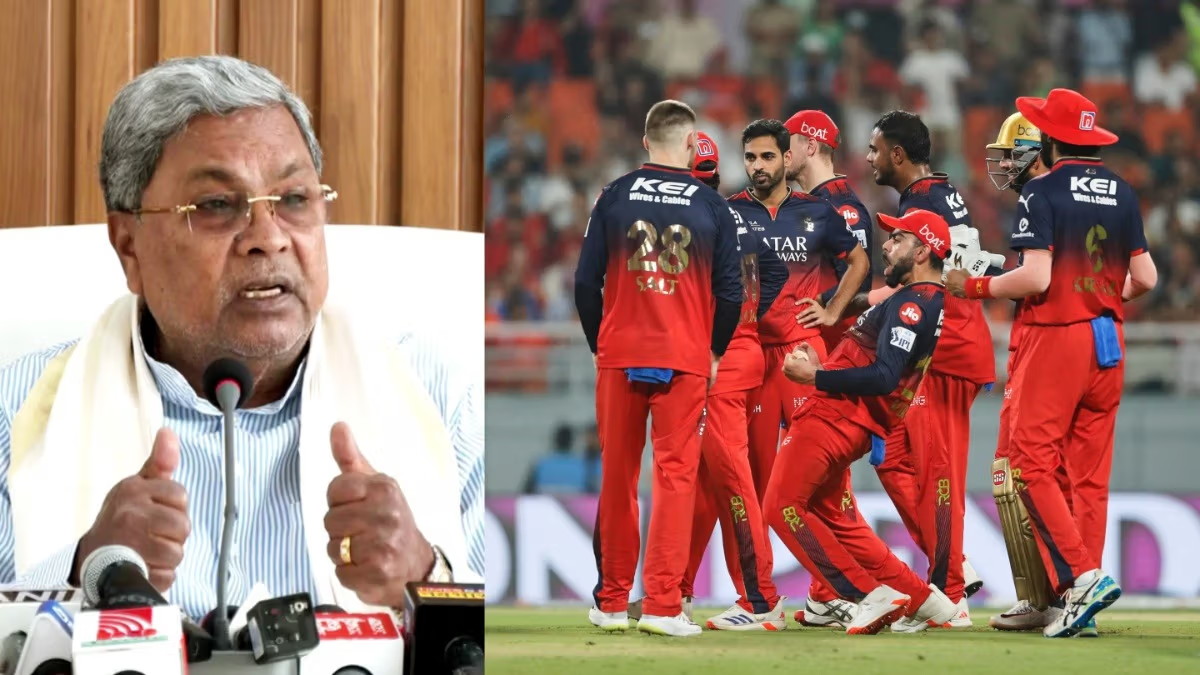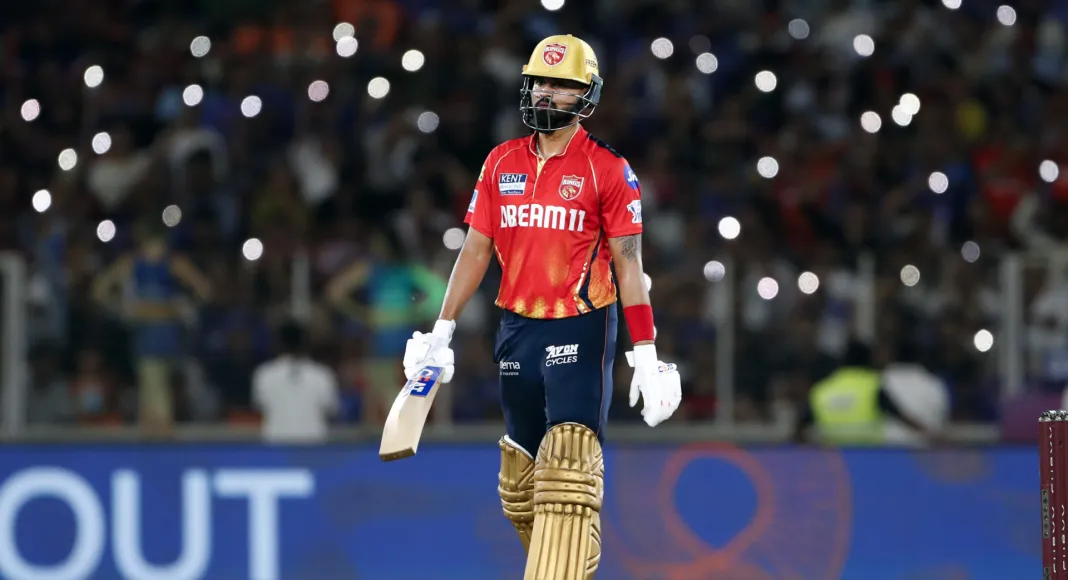MS Dhoni said, “If cricketers start retiring for their performance, some of them will retire at 22”!

A Masterstroke of Wisdom: MS Dhoni’s Take on Performance and Retirement
In the high-pressure world of international cricket, where performances are scrutinized under a microscope and careers are often judged by a few matches, MS Dhoni’s quote, “If cricketers start retiring for their performance, some of them will retire at 22,” stands out as a poignant and powerful commentary on the nature of professional sports. It’s more than just a witty remark; it reflects Dhoni’s deep understanding of the game, his practical wisdom, and his signature calm demeanor under pressure.
To understand the weight of this statement, one must delve into the realities of modern-day cricket, the journey of a professional athlete, and the expectations placed upon young cricketers who step into the limelight far earlier than they might be ready for.

The Pressures of Performance in Modern Cricket
Cricket today is not just a sport—it’s a spectacle, a business, a source of national pride, and often, a subject of intense public and media scrutiny. With the advent of 24/7 sports news, social media, fantasy leagues, and franchise-based tournaments like the IPL, players are constantly under the scanner. A couple of low scores or a few expensive overs can lead to widespread criticism, trending hashtags calling for a player’s exclusion, and even questions about their future in the team.
This atmosphere of instant judgment can be especially harsh on young cricketers. Many of them make their international debut in their early 20s. At this age, they are still developing their skills, learning how to handle pressure, and figuring out their place in the team. But the moment they wear the national cap, expectations skyrocket. They are compared to legends, their every move dissected, and their form judged on a match-by-match basis.
Dhoni’s quote calls out this flawed logic. If performance in just a handful of games were to dictate retirement, most players would be done before their careers even begin. Cricket, like any other profession, requires time, experience, and resilience. One bad series should not define a career, just as one great innings shouldn’t guarantee a long one.
The Journey of a Cricketer: From Talent to Maturity
Let’s reflect on the career trajectory of a typical cricketer. Most start playing the sport at a very young age—often before they turn 10. They go through age-group cricket, local tournaments, state and national junior teams, and eventually, if they’re good enough and a bit lucky, they break into the senior national side. By the time they make their debut, they’ve already spent over a decade immersed in the game.
Yet, international cricket is a whole different beast. Facing world-class bowlers under high-pressure conditions, playing in front of thousands of fans (and millions watching from home), and dealing with the mental and physical demands of touring can overwhelm even the most talented youngster. It takes time to adapt, to learn how to build an innings, how to bowl in crunch situations, how to bounce back from failures.
Some of the greatest players in history had modest starts to their careers. Take Sachin Tendulkar, who was hit on the nose in his debut series in Pakistan but chose to bat on, laying the foundation for a career that would span more than two decades. Virat Kohli, now one of the modern greats, had his share of inconsistency early on. Even Dhoni himself had a duck on debut.
Had these players been judged solely on their first few games, they might never have become the legends they are today. This is precisely the message Dhoni conveys—performance is important, but context, growth, and potential are equally vital.

The Mental Game: Confidence, Criticism, and Resilience
One of the most underrated aspects of a sportsperson’s life is the mental strength it takes to stay afloat in the face of criticism. A young cricketer who faces two or three failures early in their career not only battles self-doubt but also has to contend with harsh media reviews, social media trolls, and sometimes even personal attacks. The mental burden can be crushing.
In such moments, the support of the team management, senior players, and selectors becomes crucial. Dhoni, during his captaincy, was known for backing young players even when they went through lean patches. His approach was clear: give a player enough opportunities to prove themselves, create an environment where they don’t fear failure, and trust their abilities.
This belief has paid off time and again. Players like Ravindra Jadeja, Rohit Sharma, and R Ashwin flourished under Dhoni’s leadership after being given consistent chances. They went through rough patches but came out stronger, turning into match-winners and key members of the team.
Experience cannot Be Fast-Tracked
Another angle to Dhoni’s quote is the value of experience. In cricket, experience teaches what no coach or practice session ever can. Reading match situations, knowing when to take risks, how to handle pressure, how to mentally recover from a failure—these are things that come only with time.
If players were to retire early due to poor form, they would never have the chance to gain this invaluable experience. A young bowler may leak runs in his first few games, but with time, he learns to vary his pace, read batsmen, and bowl smartly under pressure. A batsman may get out playing rash shots, but with maturity, he learns shot selection, patience, and how to build an innings.
Retirement decisions based solely on form deny players the chance to grow, mature, and become better versions of themselves. Dhoni’s point is that cricket careers must be seen through a long-term lens, not just a short-term performance chart.
Conclusion: Perspective Over Panic
MS Dhoni’s quote is a reminder to everyone—fans, media, selectors, and even players themselves—that cricket is a game of form, yes, but more importantly, it is a game of character, consistency, and courage. Players should not be judged prematurely, nor should they feel pressured to consider retirement based on a dip in form.
It is this perspective that makes Dhoni not just a successful cricketer but a thoughtful leader and a mentor. His understanding of the game goes beyond numbers and statistics. He sees the human side of cricket—the emotions, the journeys, the potential waiting to unfold.
In a world that’s increasingly driven by instant results and knee-jerk reactions, Dhoni’s words offer a grounding wisdom. They remind us that greatness isn’t about never failing—it’s about not giving up after you do.
And that’s why, if cricketers truly started retiring for their performance, as Dhoni cheekily put it, some of the best the world has seen would have hung up their boots before they even had a chance to shine.











